Verizon 5G is growing fast as with one of the largest mmWave networks paired with a growing nationwide network using spectrum sharing. The mmWave network is called Ultra Wideband and has been around for quite a while now but the coverage was very limited. On October 13, 2020, Verizon launched its nationwide 5G network and is looking to catch up to T-Mobile and AT&T, both of which launched nationwide 5G networks in late 2019. With coverage in most big cities, Verizon now covers more than 230 million people.
Understanding how each carrier will deploy 5G can be confusing but we've been keeping tabs on all of them. Here is everything you need to know about Verizon's newest and fastest wireless network.
Unlimited data
Verizon Play More Unlimited
Plenty of data with 5G access included
If you're ready to try out one of the fastest 5G networks, Verizon's Play More gives you plenty of data with Disney+ included.
When will my area even get 5G?
If you have a phone that supports the newer nationwide 5G network and you live in a big city, there's a chance you're covered. This network now covers 230 million customers in 2,700 cities. Compared to 5G coverage from all carriers it's still lacking but it is growing quickly. This network shares spectrum with Verizon's LTE network with the tower allocating spectrum as needed based on demand. Check out Verizon's 5G coverage map to see if you're covered.
Verizon's DSS nationwide 5G is growing quickly but its speeds are still more in line with what you'd expect from LTE. Verizon wants to change that and has made huge investments in c-band spectrum. This 3.7GHz spectrum will allow Verizon to add more capacity and speed to its 5G network similar to how T-Mobile has deployed the 2.5GHz spectrum it got from Sprint.
In an auction that ended on February 24, 2021, Verizon spent an eye-watering $45.4 billion on 3,511 20MHz blocks of spectrum. While it will still take until the end of the year or longer to see any benefits, this new spectrum will allow Verizon's 5G network to keep pace with its competitors even in densely populated areas.
Ultra Wideband is fast but coverage is low
Verizon now has 61 cities with some level of UWB 5G coverage. This also includes coverage in 48 stadiums and arenas as well as seven airports. It makes a lot of sense to deploy UWB in stadiums and airports as these areas can be very crowded and even if they have Wi-Fi, it can be tragically slow. Even if you live in one of these cities, you can expect to be on LTE or nationwide 5G most of the time due to the relatively poor coverage capabilities of mmWave 5G networks like UWB. Its high frequency also results in poor building penetration meaning if there's a wall between you and a Verizon 5G node, you're probably going to be using LTE.
5G UWB coverage is shown on Verizon's coverage maps if you're looking to try it out. Coverage is progressing but there's still a long way to go.
Cities with UWB coverage
- Akron, OH
- Albuquerque, NM
- Anaheim, CA
- Ann Arbor, MI
- Arlington, TX
- Atlanta, GA
- Baltimore, MD
- Boise, ID
- Boston, MA
- Charlotte, NC
- Chicago, IL
- Cincinnati, OH
- Cleveland, OH
- Colorado Springs, CO
- Columbia, SC
- Columbus, OH
- Dallas, TX
- Denver, CO
- Des Moines, IA
- Detroit, MI
- Durham, NC
- Fort Wayne, IN
- Grand Rapids, MI
- Greensboro, NC
- Hampton Roads, VA
- Hartford, CT
- Hoboken, NJ
- Houston, TX
- Indianapolis, IN
- Jersey City, NJ
- Kansas City, MO
- Knoxville, TN
- Las Vegas, NV
- Little Rock, AR
- Los Angeles, CA
- Louisville, KY
- Memphis, TN
- Miami, FL
- Milwaukee, WI
- Minneapolis, MN
- Nashville, TN
- New York, NY
- Norfolk, VA
- Oklahoma City, OK
- Omaha, NE
- Panama City, FL
- Philadelphia, PA
- Phoenix, AZ
- Providence, RI
- Raleigh, NC
- Richmond, VA
- Sacramento, CA (stadium only)
- Salt Lake City, UT
- San Diego, CA
- San Francisco, CA
- San Jose, CA
- Sarasota, FL
- Sioux Falls, SD
- Spokane, WA
- St. Louis, MO
- St. Paul, MN
- St. Petersburg, FL
- Syracuse, NY
- Tampa, FL
- Tucson, AZ,
- Washington D.C.
Ultra Wideband 5G expansion is going to be much more cumbersome than 4G deployment due to the sheer number of towers needed. Verizon's Ultra Wideband 5G deployment uses mmWave, or millimeter-wave, technology. While very fast and capable of handling many devices connected, each tower covers a much smaller area than previous cell technology.
What tech is Verizon using?
Verizon has launched a 5G network with both DSS and mmWave. DSS, or dynamic spectrum sharing, shares spectrum between the older LTE network and a sub-6 5G network as needed. This will help Verizon keep up with an increasing 5G load without disabling portions of its LTE network.
Ultra Wideband or UWB is how Verizon is branding its millimeter-wave (mmWave) 5G. This name refers to the vast amounts of spectrum Verizon has access to in the higher frequency bands of 5G. That's above 24Ghz. To put that in perspective, a wireless router in your home uses frequencies at 2.4Ghz and 5Ghz. This spectrum can carry a huge amount of data but is much weaker at building penetration, needing a nearly unobstructed line of sight with the tower.
Which devices should I get to be 5G ready?
While you may be tempted to grab an unlocked 5G phone like the Galaxy S20, keep in mind that most of these phones will not be able to use Verizon's 5G network. It's unclear if unlocked phones will support Verizon's nationwide 5G network so your best bet is to get done directly from Verizon.
Luckily, Verizon's power has led companies like Samsung, LG, and OnePlus to make specific UW versions of phones that can access Verizon's UWB network. Still, as long as your device supports Verizon's 5G bands, you should be good to go.
If you're looking to get some work done, Verizon has a couple of hotspots that can access its network. The MiFi M2100 5G UW from Inseego supports both mmWave and sub-6 5G as well as Wi-Fi 6. With support for up to 30 connected devices, it can be a great way to get a lot of devices online in a pinch.
Which plan do I need for access?
All Verizon plans will have access to the nationwide 5G network for now extra cost. If you have a phone that supports the network, you will be able to access it without changing your plan or paying any extra. Still, opting for a 5G plan with plenty of premium data will help you get the most out of your 5G phone.
Currently, UWB is included with Verizon's Play More, Do More, and Get More Unlimited plans, which offer unlimited data on 5G, including unlimited hotspot usage. It also increases the streaming video resolution from 720p to 4K. If you have the Start Unlimited plan, you can add 5G for $10 per month.
| Play More | Do More | Get More | |
|---|---|---|---|
| UWB 5G data | unlimited | unlimited | unlimited |
| UWB 5G hotspot | unlimited | unlimited | unlimited |
| UWB 5G video | 4K | 4K | 4K |
| Premium data | 50GB | 50GB | 50GB |
| LTE hotspot | 15GB | 15GB | 30GB |
| Talk and text | unlimited | unlimited | unlimited |
| LTE video | Up to 720p | Up to 720p | Up to 720p |
| Mexico and Canada | talk and text | talk and text | talk and text |
| Apple Music | 6 months | 6 months | included |
| Disney+, Hulu, ESPN + | included | 6 months | included |
Does it do home internet?
With approximate speeds of 300Mbps, using Verizon's 5G Home service may be the replacement for wired home internet we've been waiting for. As a $50 per month service with an existing Verizon Wireless plan and $70 without, this service is very competitive with most ISPs.
The coverage issues noted above are not an issue with this usage because a powerful and precisely placed receiver converts the 5G signal into traditional home internet with a stationary router. This router provides customers with all of the normal connections expected of a router such as Ethernet connections.
Verizon 5G Home is available in the following cities.
- Phoenix, AZ
- Los Angeles, CA
- Orange County, CA
- Sacramento, CA
- San Francisco, CA
- San Jose, CA
- Denver, CO
- Miami, FL
- Atlanta, GA
- Chicago, IL
- Indianapolis, IN
- Detroit, MI
- Minneapolis, MN
- Saint Paul, MN
- St Louis, MO
- Arlington, TX
- Dallas, TX
- Houston, TX
Is 5G worth it for most people?
If you have a fairly new phone with support for Verizon's full LTE Advanced network, then you probably won't get that much of a benefit from 5G just yet. Once Verizon has a sub-6 network in place and accessible, it will make a lot more sense. For many people, the jump to 5G isn't even available yet and may not be for quite some time.
As an enthusiast, I'm thrilled about the concept of 5G bringing fast connections to more people than has been possible with fiber-optic connections. Verizon being able to deliver fiber-optic levels of performance to a phone can help drive competition between ISPs as we have never seen.
Unlimited data
Verizon Play More Unlimited
Plenty of data with 5G UWB access included
If you're ready to try out one of the fastest 5G networks, Verizon's Play More gives you plenty of data with Disney+ included.

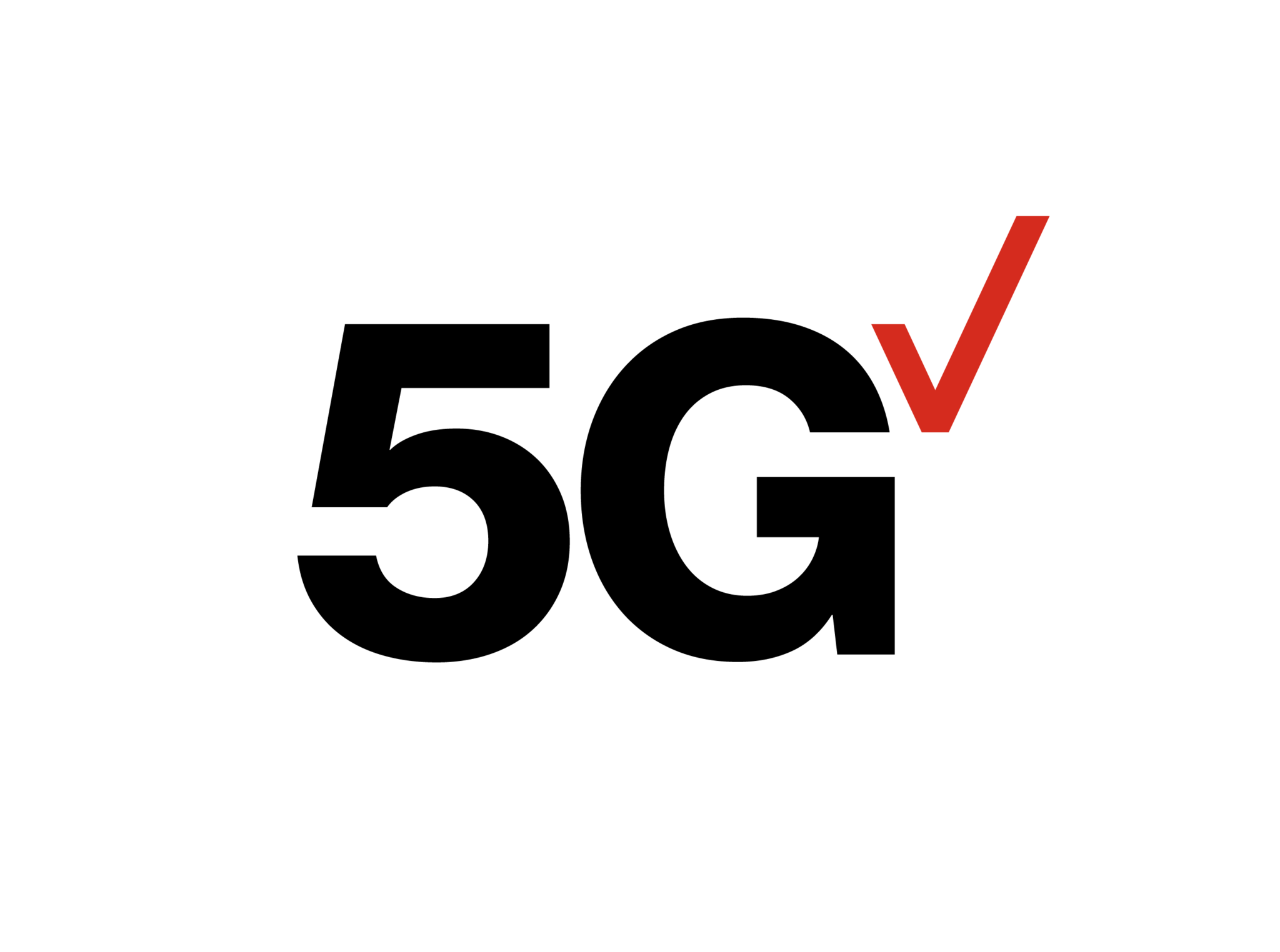
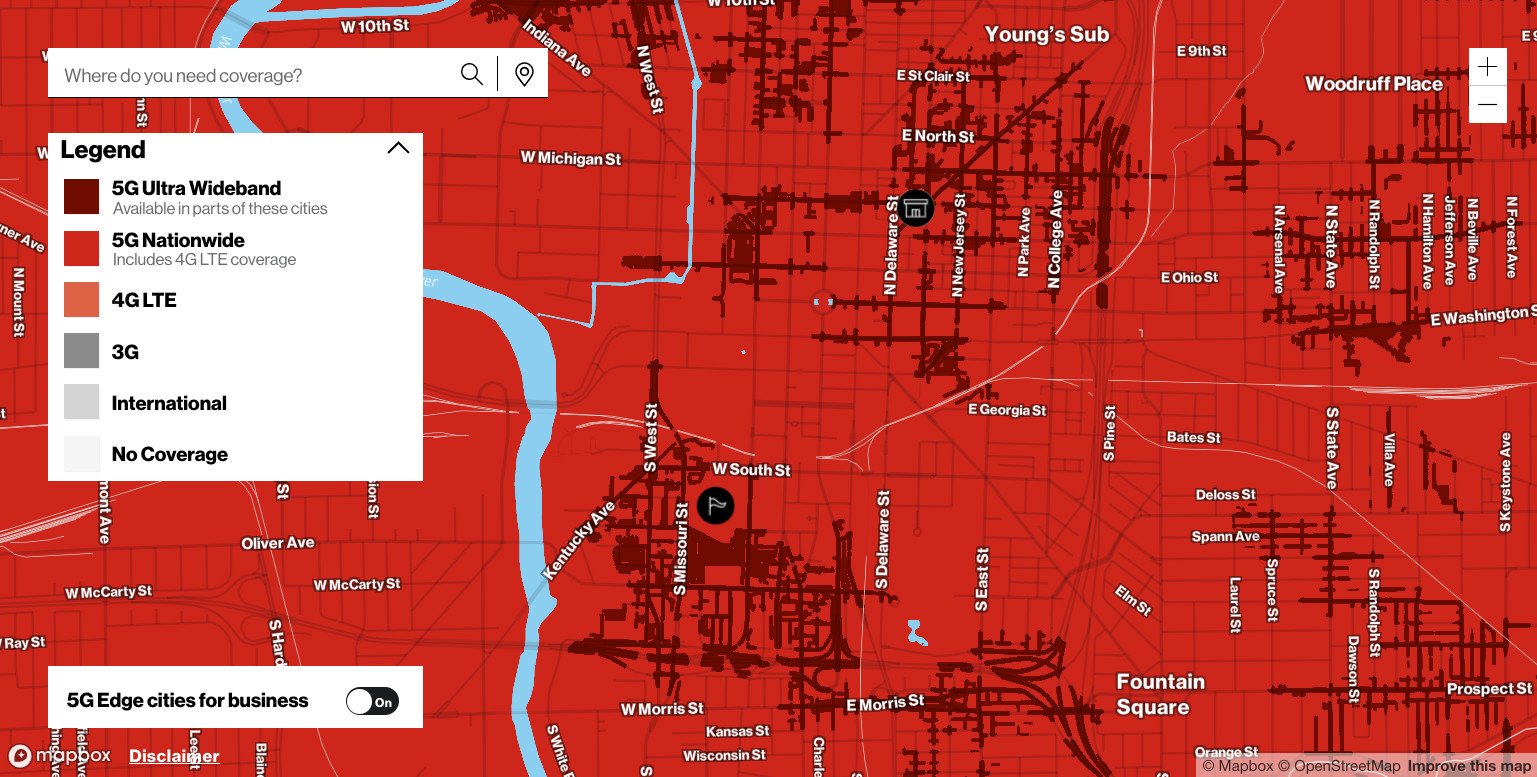
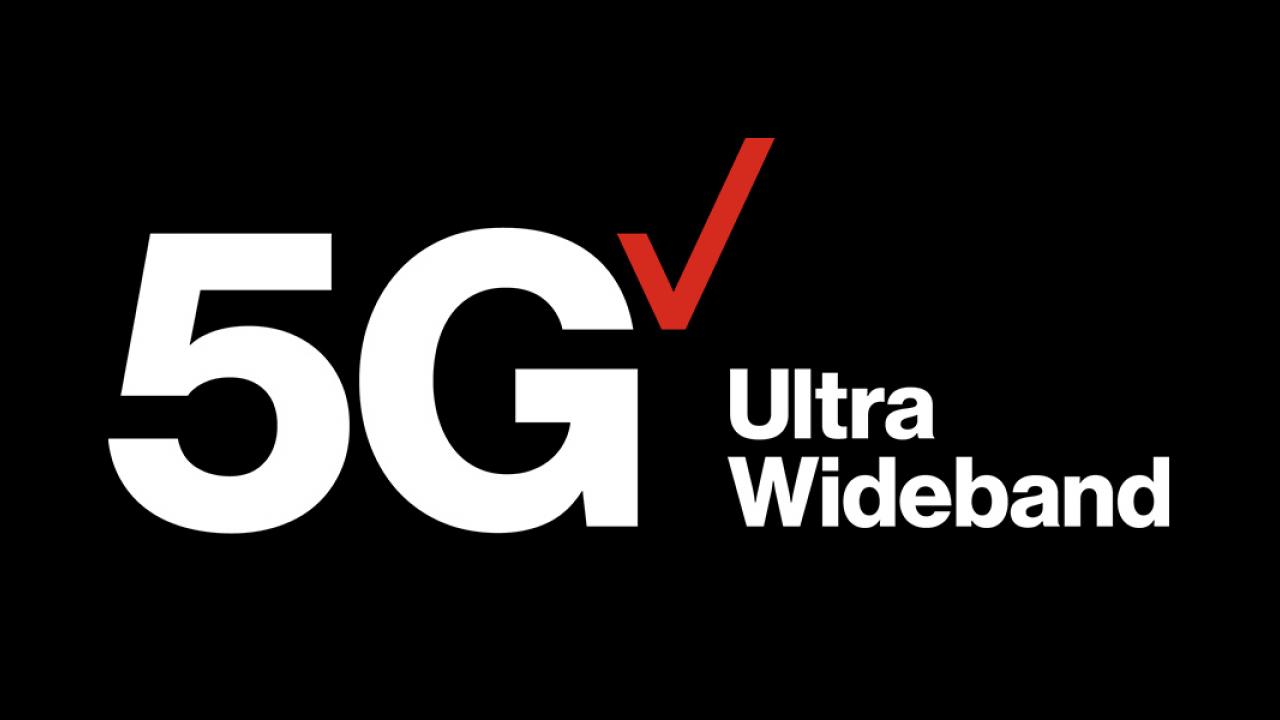

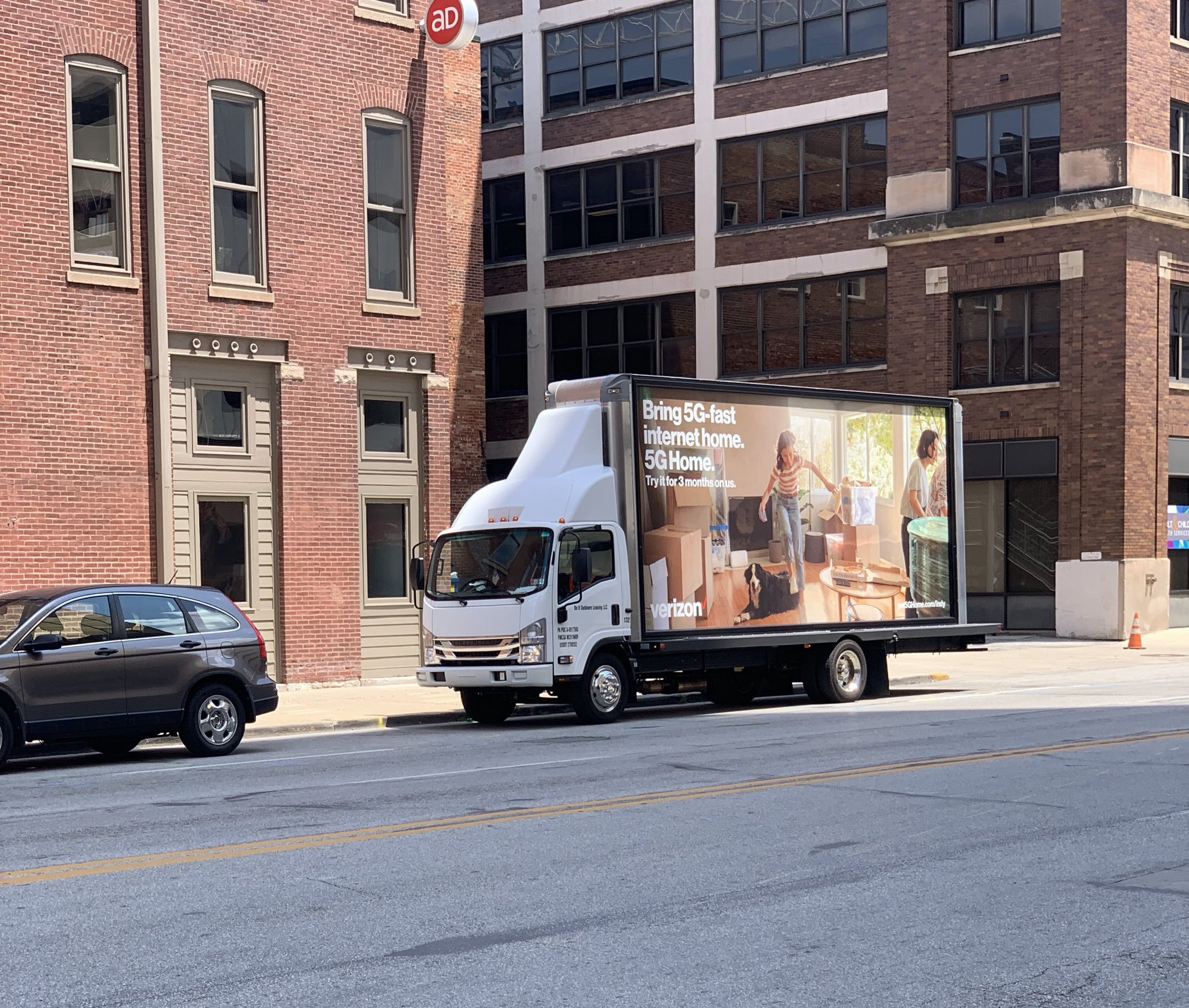
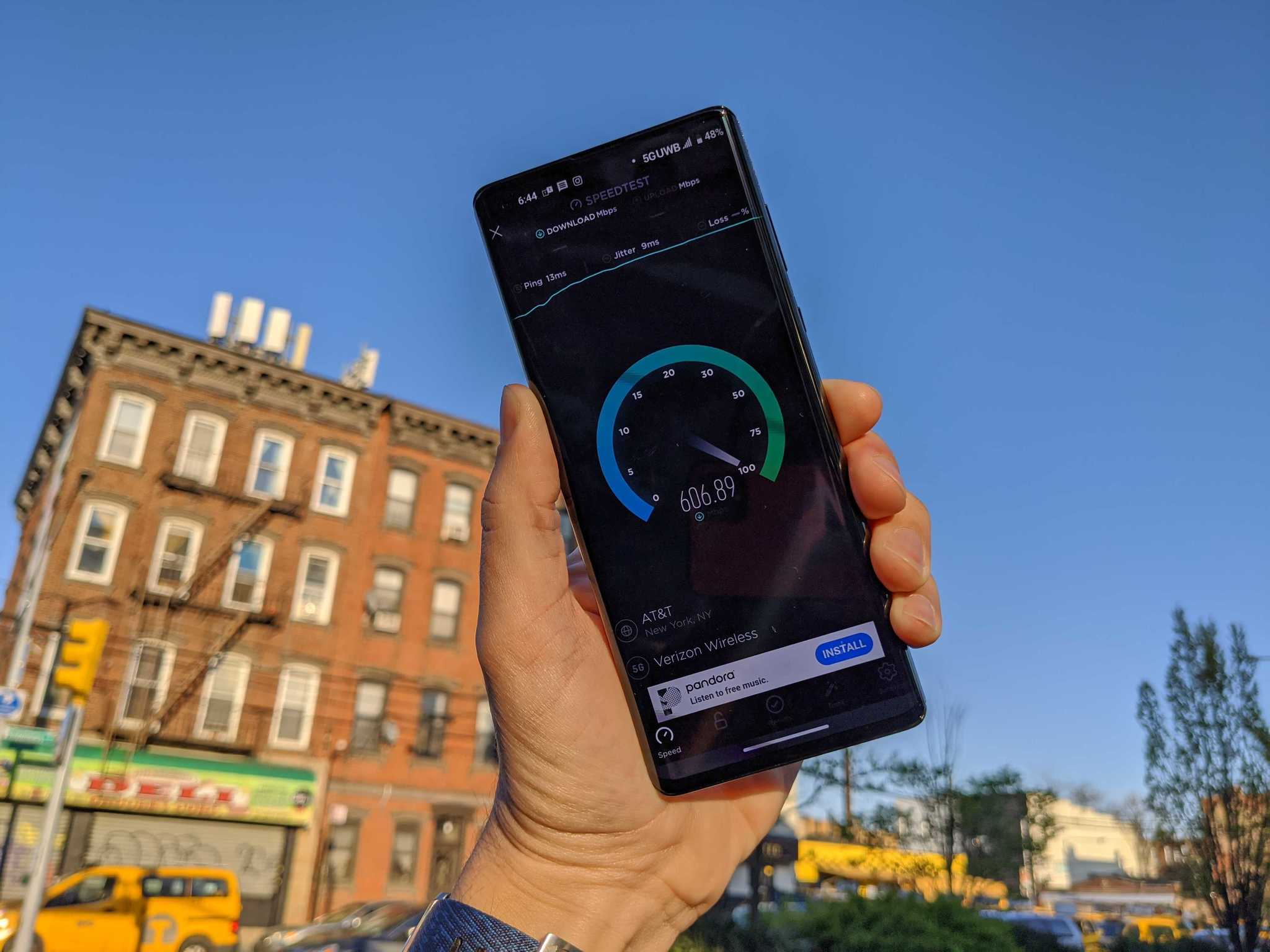
0 Response to "You Can See More: Here's everything you need to know about Verizon 5G"
Post a Comment